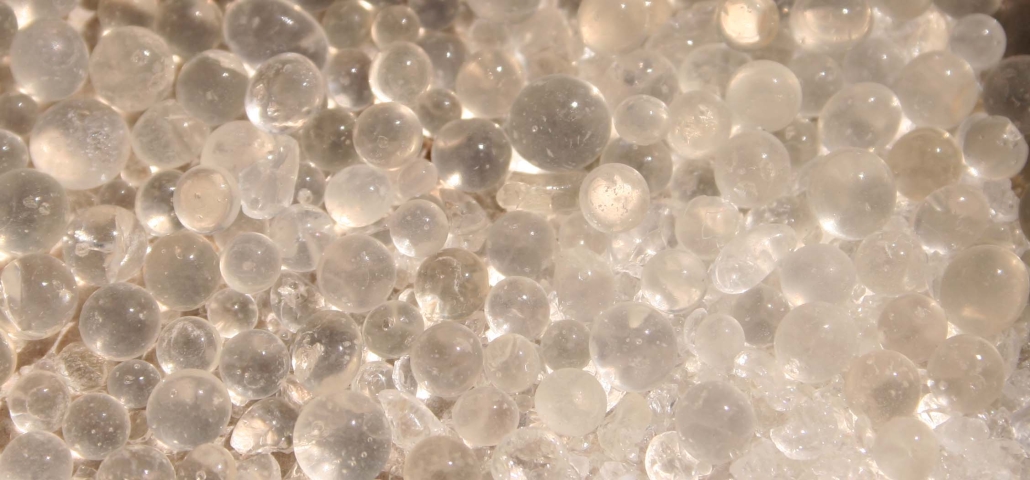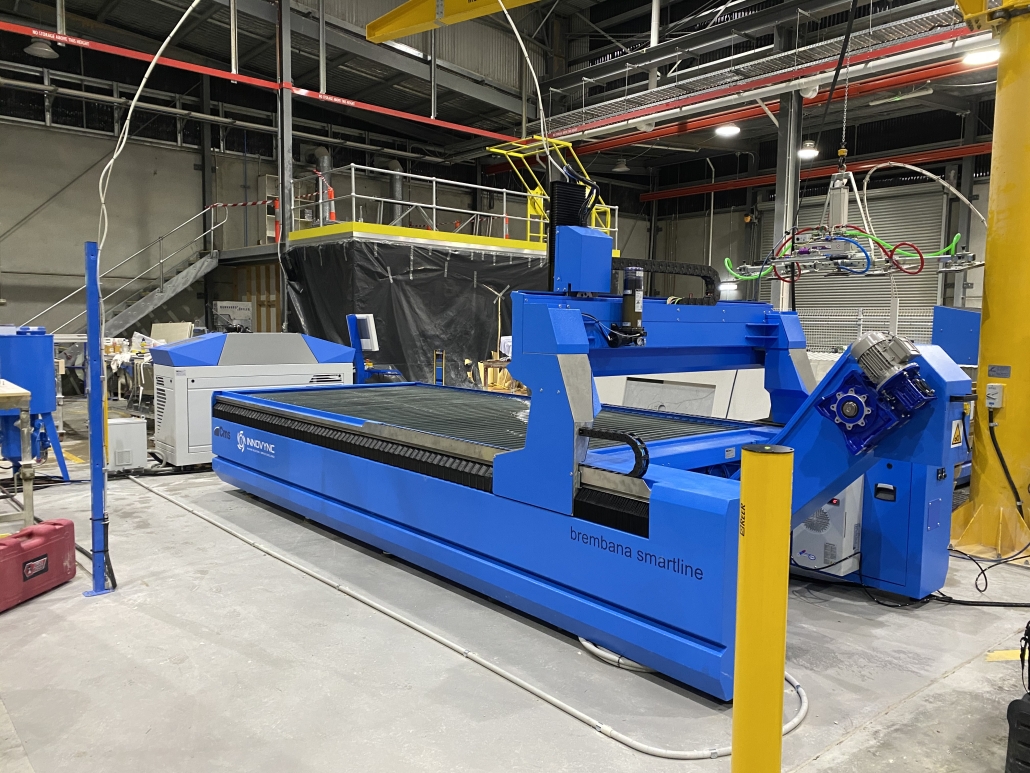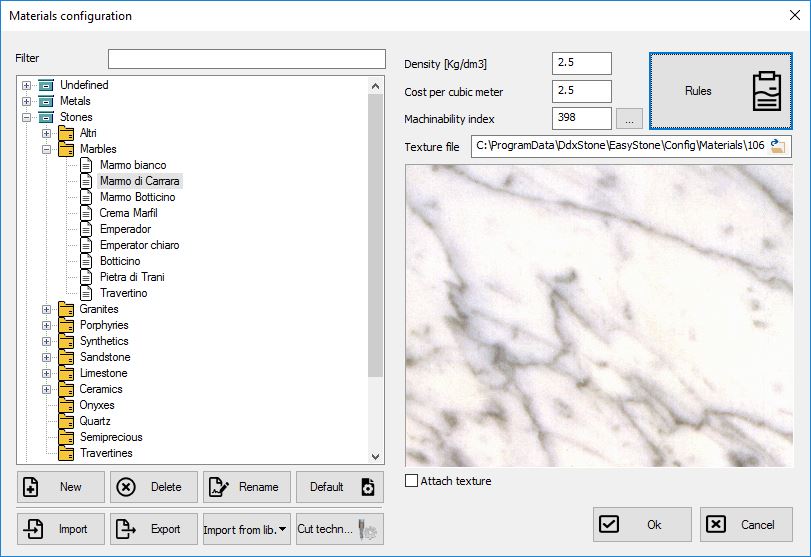Silicosis and engineered stone in Australian news

After fourty years of industry exposure, silicosis in Australia has finally made the news. Every major outlet is reporting the devastating effects if this dusease, raising much needed awareness across the nation.
Talk of change within the industry accompanies the awareness. Back in February, the states, territories and Commonwealth gathered to discuss the ins and outs of reform, agreeing that a national awareness campaign is necessary, along with a licensing program for masons working with engineered stone. If those measures don’t have the desired effect, completely banning engineered stone products is potentially on the cards – with the possibility of restricting import to 40% silica products.
Many argue that am outright ban doesn’t make sense – as natural materials like granite also contain silica. As Pacific Stone’s Daniel Zovko aptly pointed out when we wrote about this potential ban on engineered stone in 2021:
“If you ban Caesarstone, the guys are still going to get silicosis from granite or quartzite, which has a silica content of 60%”.
So, what’s the answer to this ongoing problem?
Is there a cure for silicosis in Australia?

While a lung-flushing treatment has proven to be promising for those suffering with silicosis, the best cure is always prevention. In our last blog on silicosis prevention, we outlined exactly how that could look like in the workplace. In a nutshell: it all hinges on having the right technology and practices in place.
In terms of technology, waterjets are the single greatest investment you could make to fortify your factory against the deadly disease. These solutions ensure that wet cutting practices are always in place – and operators don’t even need to be near the machines while the job is running.
Power respirators are another safety measure that’s worth enforcing. No matter what material you’re working with, they provide protection from dust particles and keep lungs clear.
All in all, effective methods for prevention are out there. Firms like Pacific Stone are setting an example for the rest of the industry, without much external prompting from anyone. Their measures aren’t just having a positive impact on worker’s health, but also on the business itself. After all, it’s hard enough to find stonemasons in the current labour market. Why wouldn’t you do everything possible to make sure they’re in a safe and healthy working environment?
Prepare for change

While definitive decisions haven’t yet been made, one thing is for sure: change is coming to the industry. As mentioned, it’s likely to be in the form of a national licensing program, or a ban on high-silica materials, Or both.
But, as Adele Reguson writes for The Sydney Morning Herald:
“But the real question is what tangible difference these measures will make to workers currently exposed to crystalline silica in their workplaces. What exactly will the final ban look like, if it happens? When will change actually occur? And will it be enough to stop the deaths?”.
With all the media attention, stone shops are set to be scrutinised in the public eye. The best way to keep a clean image is to keep your shop clean – and it’s never too late to start now.
Combining a wet-cutting Bridgesaw together with a water filtration system is an option worth considering. With this combination, you can be rest assured that dust from cutting action is suppressed, then filtered out, clarifying working water. The dust particles are then removed by the filtration system, ensuring that your factory stays free from muddy water, which would eventually dry up and leave dust behind. Alternatively, a waterjet is often enough to turn a dusty factory into a safe workplace without needing external filtering equipment. Once it’s in, you’ve got a versatile machine that can cut almost any material you place on it. Very handy for a dynamically changing world…
If you’re on the fence about getting one and want some real-world perspective, have a read of our testimonials. Pacific, Ideal, and Distinctive Stone have all got at least one CMS machine in their factory – and they’ve only got good things to say about them!


